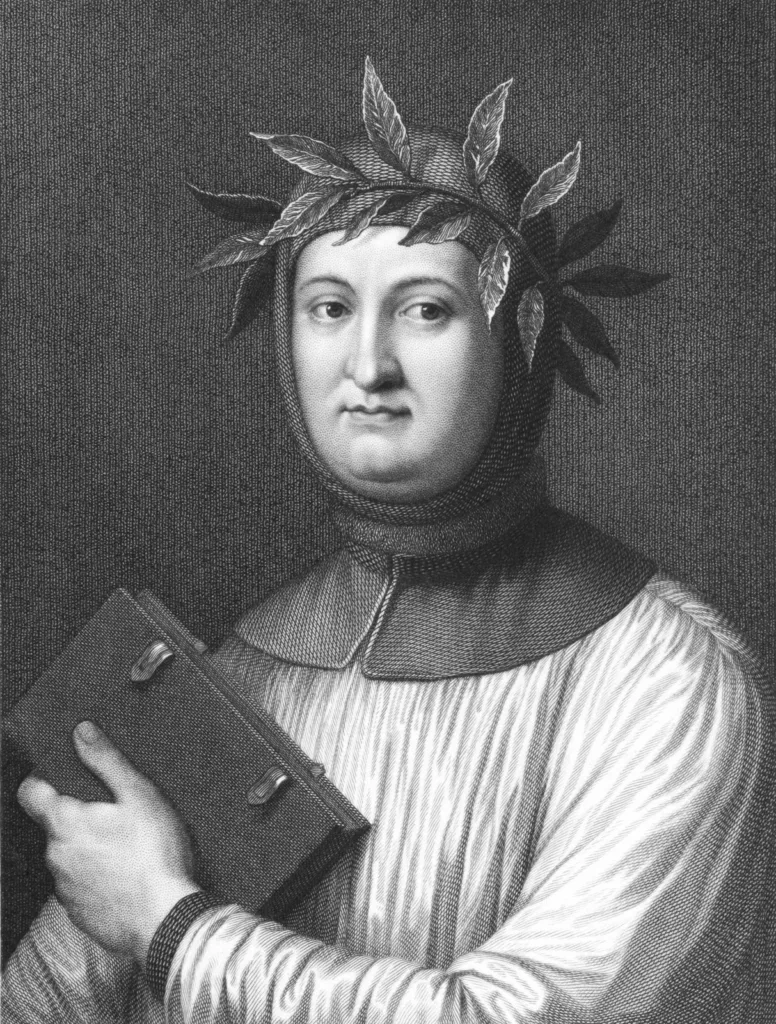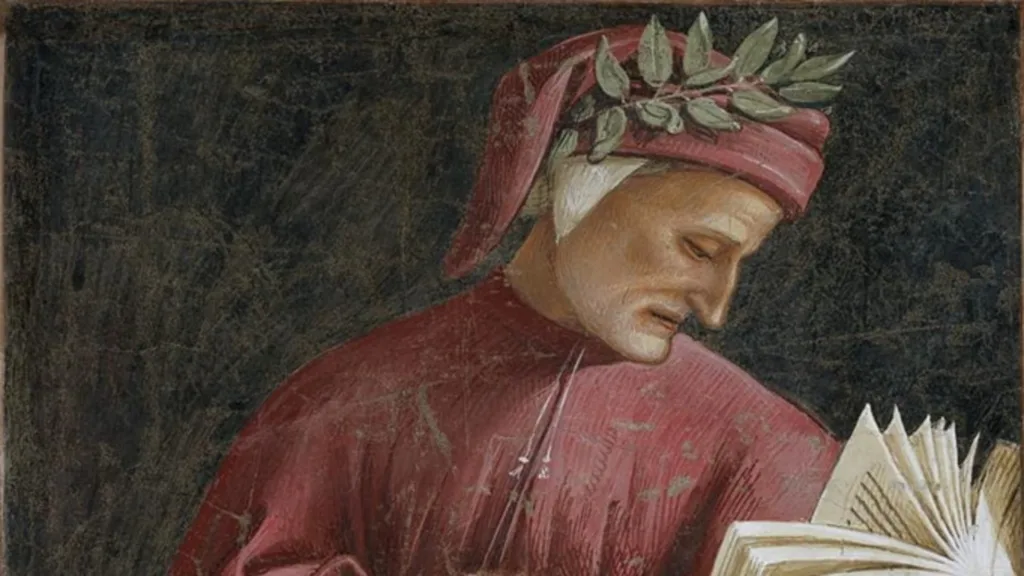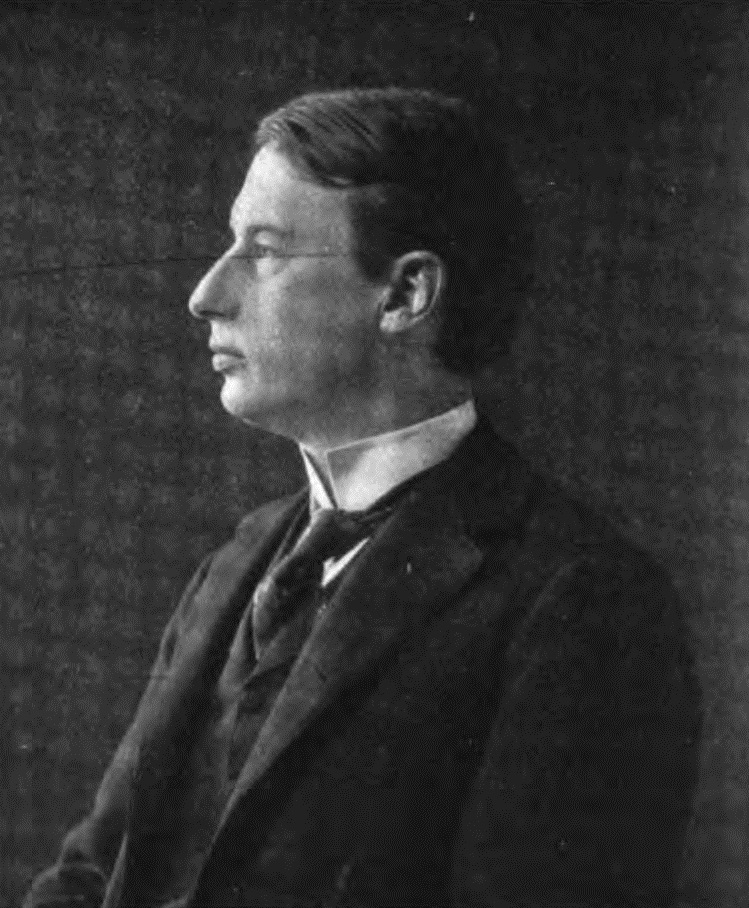Petrarch, a renowned Italian scholar and poet, is considered the “Father of Humanism” for his influential philosophical attitudes and his discovery and compilation of classical texts. Humanism is a system of education and mode of inquiry that originated in northern Italy during the 13th and 14th centuries and later spread through continental Europe and England. The term is alternatively applied to a variety of Western beliefs, methods, and philosophies that place central emphasis on the human realm.
Petrarch was a devoted classical scholar who believed in the importance of reviving the classics and studying them to better understand the human condition. He spent much of his life traveling throghout Italy, France, and Germany in search of lost classical texts, which he then meticulously copied and compiled. His efforts helped to preserve and propagate the works of ancient Greek and Roman writers, such as Cicero, Virgil, and Horace, which had been lost or forgotten during the Middle Ages.
In addition to his scholarly pursuits, Petrarch was also an accomplished poet. His most famous work is the Canzoniere, a collection of vernacular poems about a woman named Laura, whom the speaker loves throughout his life but cannot be with. The poems are filled with intense emotion and express the speaker’s longing for a love that is unattainable. Petrarch’s poetry is considered a masterpiece of Italian literature and has influenced countless poets and writers throughout the centuries.
Petrarch’s writing was also instrumental in shaping the modern Italian language. He was a proponent of using the vernacular, or common language, in literature instead of the traditional Latin. His use of the Italian language in his poetry helped to establish it as a literary language and paved the way for future Italian writers.
Petrarch’s influence on humanism and Italian literature cannot be overstated. His devotion to classical learning and his commitment to the study of the human condition helped to usher in a new era of intellectual inquiry and artistic expression. Today, his legacy lives on in the countless scholars, writers, and thinkers who continue to be inspired by his work.
The Father of Humanism: Francesco Petrarch
Francesco Petrarch, an Italian scholar and poet of the 14th century, is famously known as the “Father of Humanism.” This title is primarily attributed to two reasons. Firstly, Petrarch’s philosophical attitudes, which he expressed in his numerous personal letters, had a significant impact on the development of Humanism. In his letters, Petrarch criticized the scholasticism of the Middle Ages and advocated for a return to the values and ideals of classical antiquity. He believed that individuals should seek knowledge and wisdom through personal experience, rater than relying solely on tradition and authority.
Secondly, Petrarch’s discovery and compilation of classical texts played a crucial role in the Renaissance’s intellectual and cultural revolution. Petrarch was an avid collector of ancient manuscripts, and he traveled extensively to search for lost works of Roman and Greek literature. Through his efforts, he discovered and compiled many important texts, including works by Cicero, Virgil, and Seneca. Petrarch’s interest in these classical authors inspired a renewed interest in humanistic studies, leading to a broader cultural movement that emphasized the importance of education, literature, and critical thinking.
Petrarch’s contributions to the development of Humanism were significant and far-reaching. His philosophical ideas and his efforts to rediscover the classical past helped to shape the intellectual and cultural landscape of Europe during the Renaissance and beyond, earning him the title of the “Father of Humanism.”

The Origins of Humanism and Its Founders
Humanism is a system of education and a mode of inquiry that originated in northern Italy during the 13th and 14th centuries. It later spread throgh continental Europe and England. At its core, humanism places central emphasis on the human realm, particularly on human potential, achievements, and dignity.
The term “humanism” is alternatively applied to a variety of Western beliefs, methods, and philosophies. However, the Italian poet and scholar Francesco Petrarca is considered the founder of humanism. He believed in the value of classical literature and the importance of the individual. Petrarca’s ideas were later developed by other Italian scholars, such as Giovanni Boccaccio and Leonardo Bruni, who promoted the study of ancient Greek and Roman works and human-centered values.
During the Renaissance, humanism became a dominant intellectual movement that shaped modern Western culture. It influenced art, literature, philosophy, and politics, emphasizing the importance of reason, individualism, and secularism. Humanism also played a critical role in the development of modern science, as it encouraged the study of the natural world and the use of empirical evidence. humanism is a complex and multifaceted concept that continues to shape our understanding of humanity and our place in the world.
The Legacy of Francesco Petrarch
Francesco Petrarch, an Italian poet and scholar of the 14th century, is primarily known for his Canzoniere. This is a collection of vernacular poems that Petrarch wrote about a woman named Laura, who he fell in love with at firt sight and idolized throughout his life. The Canzoniere, also known as the Rime Sparse, consists of 366 poems, mainly sonnets, that express Petrarch’s feelings of love, admiration, and despair for Laura. This work is considered a masterpiece of Italian literature and has had a profound impact on the development of the sonnet form. Petrarch’s other notable achievements include his role as a pioneer of Humanism, a cultural movement that emphasized the study of classical literature and focused on the individual human experience. His works also helped to popularize the Italian language and contributed to the development of the Renaissance.
The Father of the Renaissance and Father of Humanism: Who Is He?
The person who is commonly referred to as the “Father of the Renaissance” and the “Father of Humanism” is Petrarch. He was a prolific writer and poet who lived in the 14th century in Italy. Petrarch was a dedicated classical scholar who was instrumental in reviving interest in the literature and culture of ancient Greece and Rome. His devotion to studying the works of the great writers of antiquity helped to inspire a new way of thinking known as Humanism. This philosophy emphasized the importance of individualism, reason, and the pursuit of knowledge. Petrarch’s writing, particularly his odes to his idealized love, Laura, also helped to shape the modern Italian language. His influence on the Renaissance period cannt be overstated, and his legacy as a pioneer of Humanism has continued to inspire scholars and thinkers for centuries.
The Father of the Renaissance
The person who is commonly referred to as the father of the Renaissance is Petrarch. He was an Italian scholar and poet who lived in the 14th century. Petrarch played a significant role in the revival of classical literature and philosophy duing the Renaissance period. He is known for his writings that laid the foundation for Renaissance humanism, which emphasized the importance of individualism, classical education, and rational thinking. Petrarch’s works, including his poetry and letters, were widely studied and imitated by scholars and writers during the Renaissance and beyond. His contributions to the development of humanism and the rediscovery of classical knowledge have earned him the title of father of the Renaissance.

The Most Notable Humanist of the Renaissance
The most famous humanist in the Renaissance was Petrarch. He was an Italian scholar, poet and philosopher who lived in the 14th century. Petrarch is considered the “Father of Humanism” because of his important role in promoting the study of classical literature and philosophy. He encouraged the revival of ancient Greek and Roman texts, whch had been largely ignored during the Middle Ages. Petrarch’s writings also emphasized the importance of individualism, critical thinking, and the pursuit of knowledge for its own sake. His ideas were influential in shaping the Renaissance, a period of great cultural and intellectual growth in Europe. Petrarch’s legacy as a humanist and intellectual continues to be celebrated and studied today.
The Founding of the Humanism Movement: The First Leader
It is important to note that humanism is a movement that developed over time, and it is difficult to attribute its leadership to a single individual. However, a trio of Italian authors are commonly considered among the earliest humanists, and they lived before the Renaissance period had even begun. These authors were Dante Alighieri, Petrarch, and Giovanni Boccaccio. They are often credited with laying the foundation for the humanist movement through their works, whch emphasized the value of human reason, education, and individualism. While they may not have been the first leaders of humanism, their ideas and writings were highly influential in shaping the movement and inspiring later humanist thinkers.
The Theory of Humanism
The theory of humanism is a philosophical and ethical stance that emphasizes the value and agency of human beings, individually and collectively, and generally prefers critical thinking and evidence over acceptance of dogma or superstition. Humanism is a broad perspective that encompasses a range of movements, including those that emphasize secularism, rationalism, and skepticism.
At its core, humanism is concerned with promoting human values and dignity. This means that humanists believe that individuals should be treated with respect and that their rights and freedoms should be protected. Humanism proposes that people can solve problems through science and reason, rther than relying on religious or traditional beliefs.
Humanism also emphasizes personal growth and development. It encourages individuals to explore their potential and to strive for self-improvement. In this way, humanism seeks to help people live fulfilling and meaningful lives.
Humanism is concerned with making the world a better place. Humanists believe that individuals have a responsibility to improve society and to work towards social justice and equality. This means that humanists are often involved in social and political activism, advocating for causes such as environmentalism, human rights, and education. humanism is a rich and multifaceted philosophy that seeks to promote the well-being of individuals and society as a whole.
The Pro Founder of New Humanism
The founders of New Humanism were Irving Babbitt and Paul Elmer More, two prominent American scholars and literary critics who developed this theory of literary criticism, culture, and political thought around 1900. Babbitt and More believed that literature and culture could be used to cultivate moral and intellectual values, and they emphasized the importance of classical literature in this process. Their ideas had a significant impact on American intellectual thought during the early 20th century and continue to influence literary criticism and cultural studies today.

The Philosophy of Humanism
Humanism is a philosophical approach that emphasizes the importance and value of human beings, without any theological or supernatural beliefs. It is a progressive philosophy that affirms the ability and responsibility of human beings to lead ethical lives of personal fulfillment while aspiring to the greater good of society. Humanism is often assocated with the Renaissance movement in Europe, which emphasized the importance of human dignity and individualism. In essence, humanism recognizes the human capacity for reason, creativity, and empathy, and emphasizes the importance of these qualities in human life. It also promotes a rational and scientific approach to understanding the world, as opposed to supernatural or religious dogma. humanism is a philosophy that emphasizes the value and potential of human beings, and encourages us to lead fulfilling and ethical lives.
Petrarch’s Inventions
Petrarch, an Italian poet and scholar, is often credited with inventing the sonnet. The sonnet is a 14-line poem composed in iambic pentameter with a specific rhyme scheme. Petrarch’s sonnets are characterized by their themes of unrequited love and beauty, and his use of metaphors and imagery. While it is debated whther Petrarch truly invented the sonnet or simply popularized it, it is clear that his Italian verses and style had a significant impact on the development and evolution of the sonnet form. Petrarch’s sonnets were widely read and admired, and his influence can be seen in the works of many poets who followed in his footsteps.
Conclusion
Petrarch is rightfully hailed as the “Father of Humanism” due to his significant contributions to the philosophical and literary movements of the Renaissance. His emphasis on the value and potential of the human individual, as well as his discovery and promotion of classical texts, helped inspire a shift away from medieval thought and towards a more secular, human-centered worldview. Petrarch’s own writing, such as his famous Canzoniere, continues to be celebrated for its lyrical beauty and emotional depth. Petrarch’s legacy as a scholar, writer, and thinker remains a testament to the enduring power of humanistic ideals.
